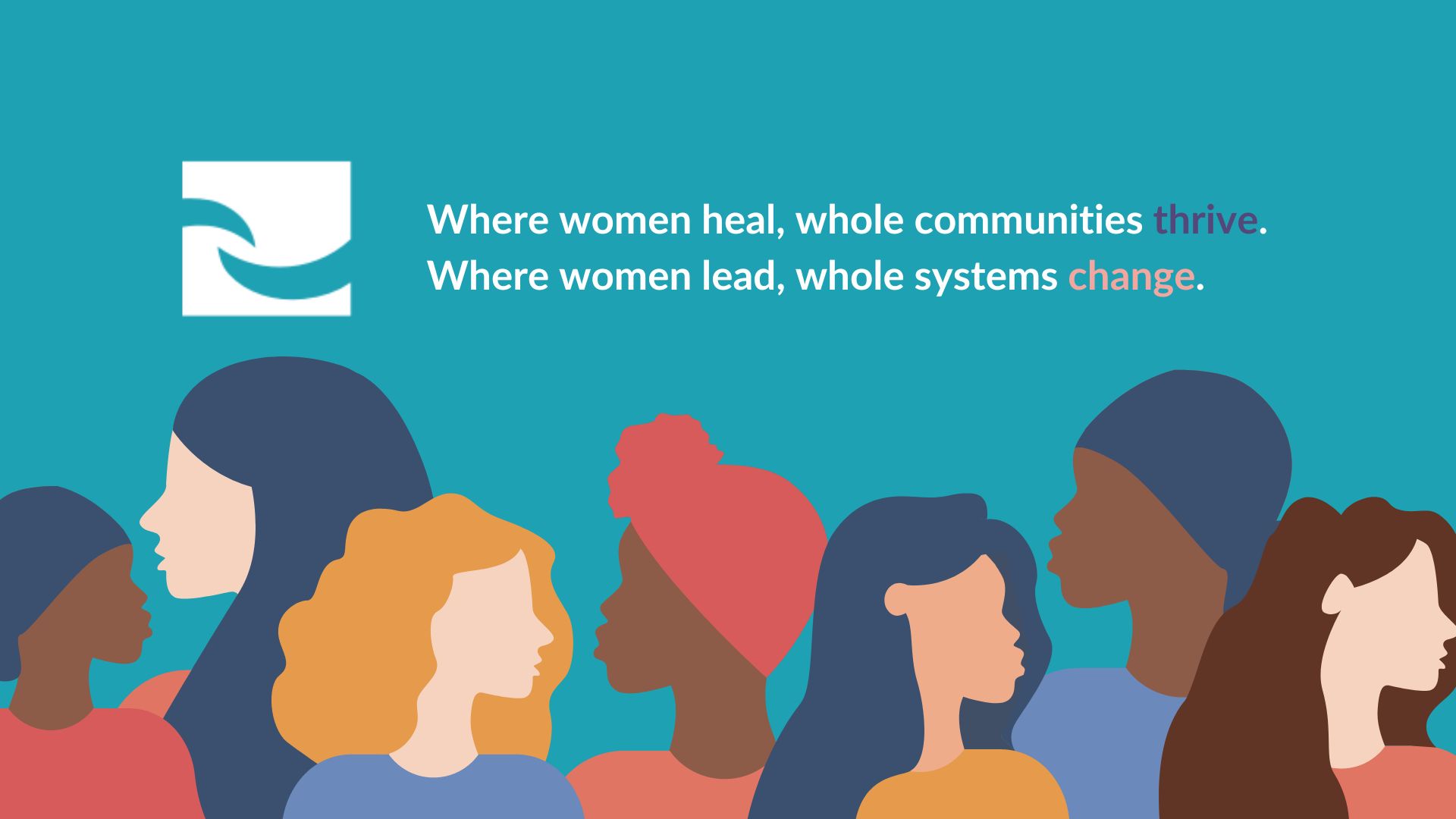
BLOG
Women's History Month Means Creating Futures Where Women Thrive

Rev. Shantell Hinton Hill
Senior Equity Officer
Narrative Change & Strategic Communications
Where women heal,
whole communities thrive.
Where women lead,
whole systems change.
Trevor Noah’s recent tribute to Black women was/is both touching and tantalizing.
Touching because he so rightfully centered, and gave credit to, the numerous Black women who shaped, molded and gave him language to speak truth to power and imagine new possibilities for a society where everyone is seen and celebrated.
However, it also must be noted that his tribute points out an important (sometimes) missing piece in the #TrustBlackWomen conversations of our day: when do “thank you’s” turn into revenue for Black women’s labor?
To be clear, thank you and kudos are always appropriate – especially, when Black women’s wisdom and work are historically under-appreciated and unseen. Yet, if Black women are some of those responsible parties for Noah’s success, where is their proverbial piece of the pie that is rightfully theirs in compensation for that success?
This unfortunate conundrum is an outgrowth of the reality that Black women are still only paid 64 cents on the dollar in comparison to white men. The numbers worsen for other women of color, particularly in the Latinx and Indigenous communities.
What’s more is that even when there are fundraising efforts on behalf of Black women, little to no time is spent actually asking Black women what opportunities they need to excel in their careers and continue supporting the thriving of their respective communities.
After all, landing a better job with a good salary is often-times only half the battle Black women face as it pertains to their overall health and success. Black women continually work full-time jobs while navigating a myriad of other obligations that are the result of interlocking systems of oppression.
For example, how does a Black woman chart her path to leadership when, along the way, she has little room for rest or mentoring due to her various familial and societal commitments?
It is our hope, along with other community partners in Arkansas, to answer this question and center the voices and experiences of Black women across the state. It’s vitally important that Black (and BIPOC) women are asked the right questions so that the conversation about women in the labor market and economy can be enhanced to include the unique challenges and solutions that Black (and BIPOC) women believe are necessary for their success.
Will you join us in our efforts to find tangible ways to thank AND transform the lives of Black women? We’ve outlined the simple steps you can follow to help because we know where Black women heal, whole communities thrive. And where Black women lead, whole systems change.
Here’s how you can lean in:
- Are a Black and/or BIPOC woman in Arkansas? Take this short survey.
- Do you know a Black and/or BIPOC woman in Arkansas that we need to hear from?Send her/them information.
- Subscribe to our newsletter to keep up to date with what we are learning/planning.

